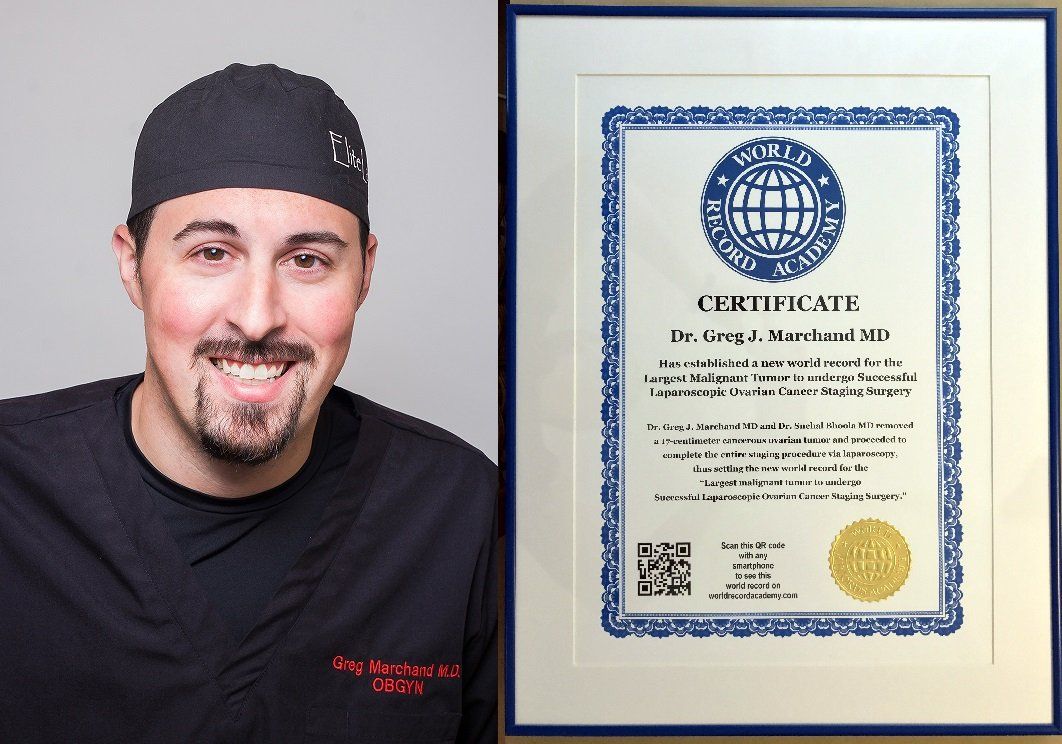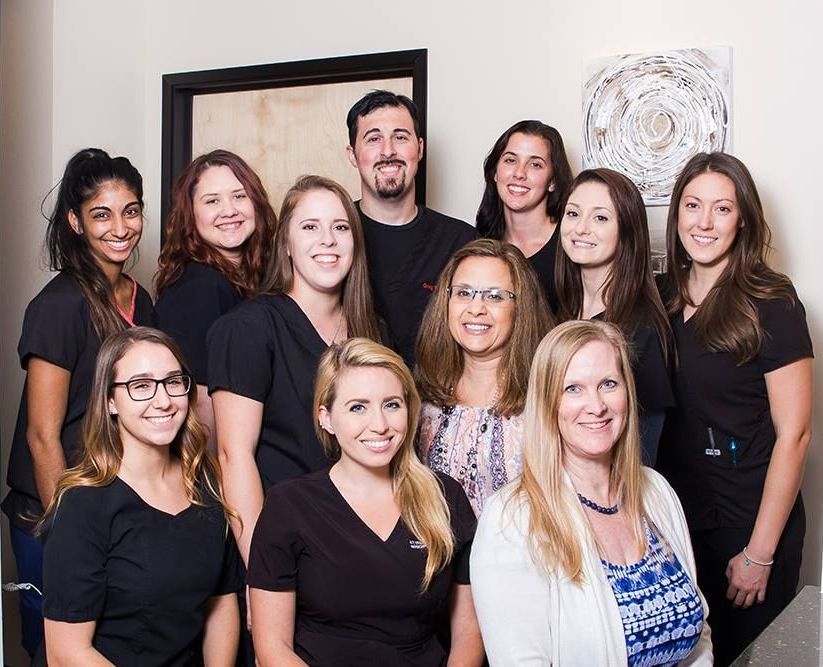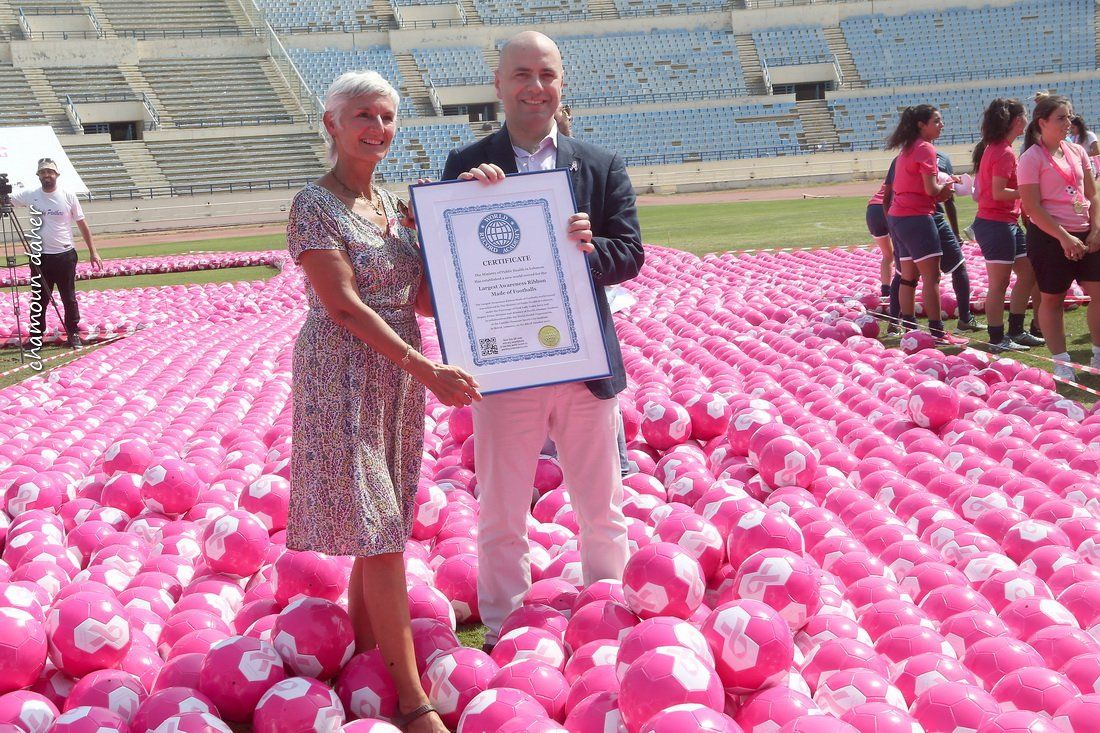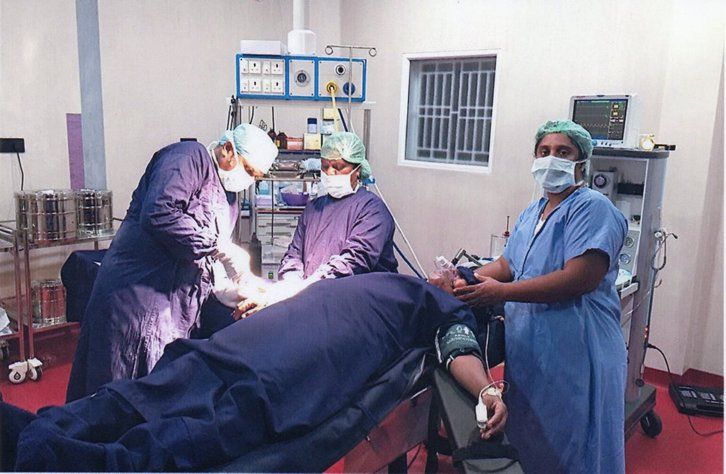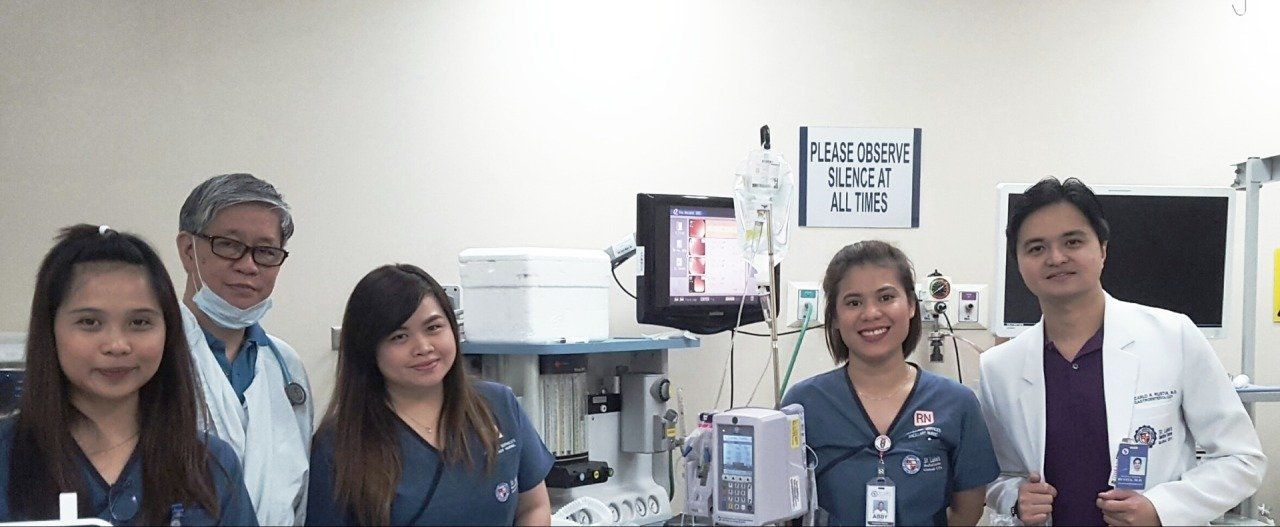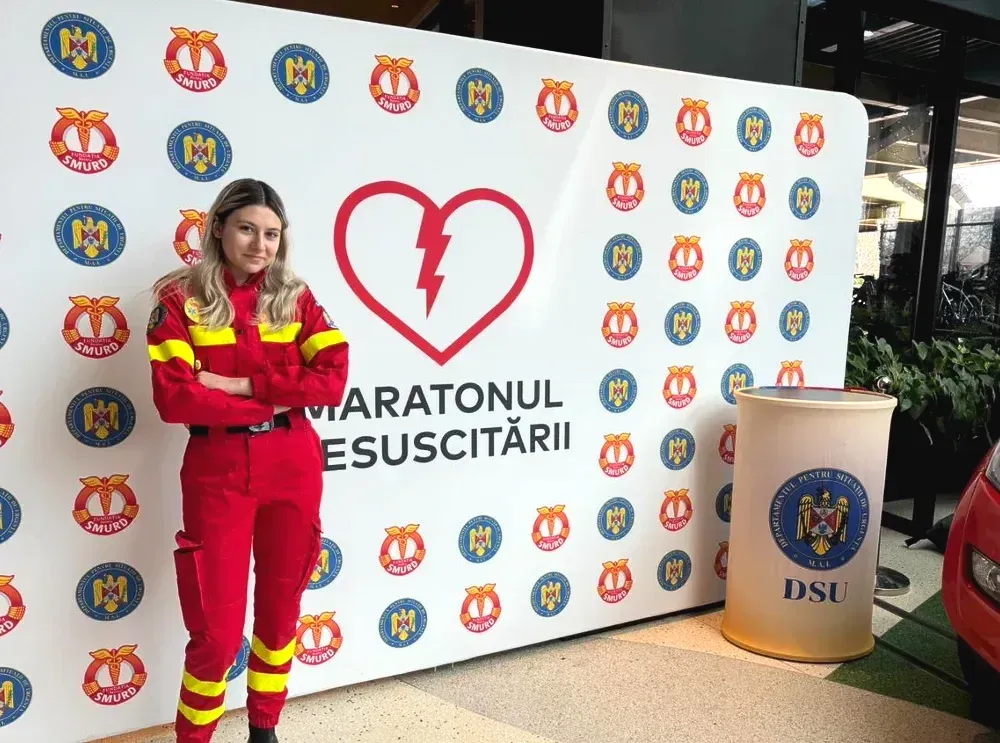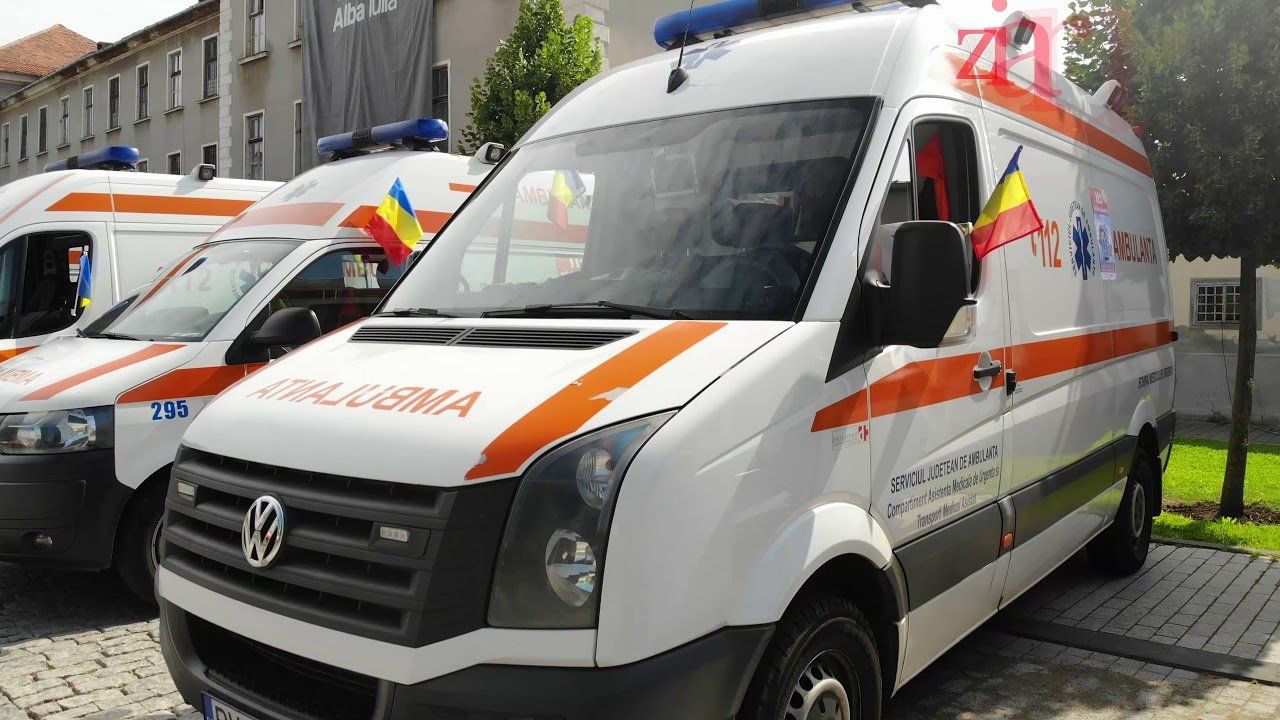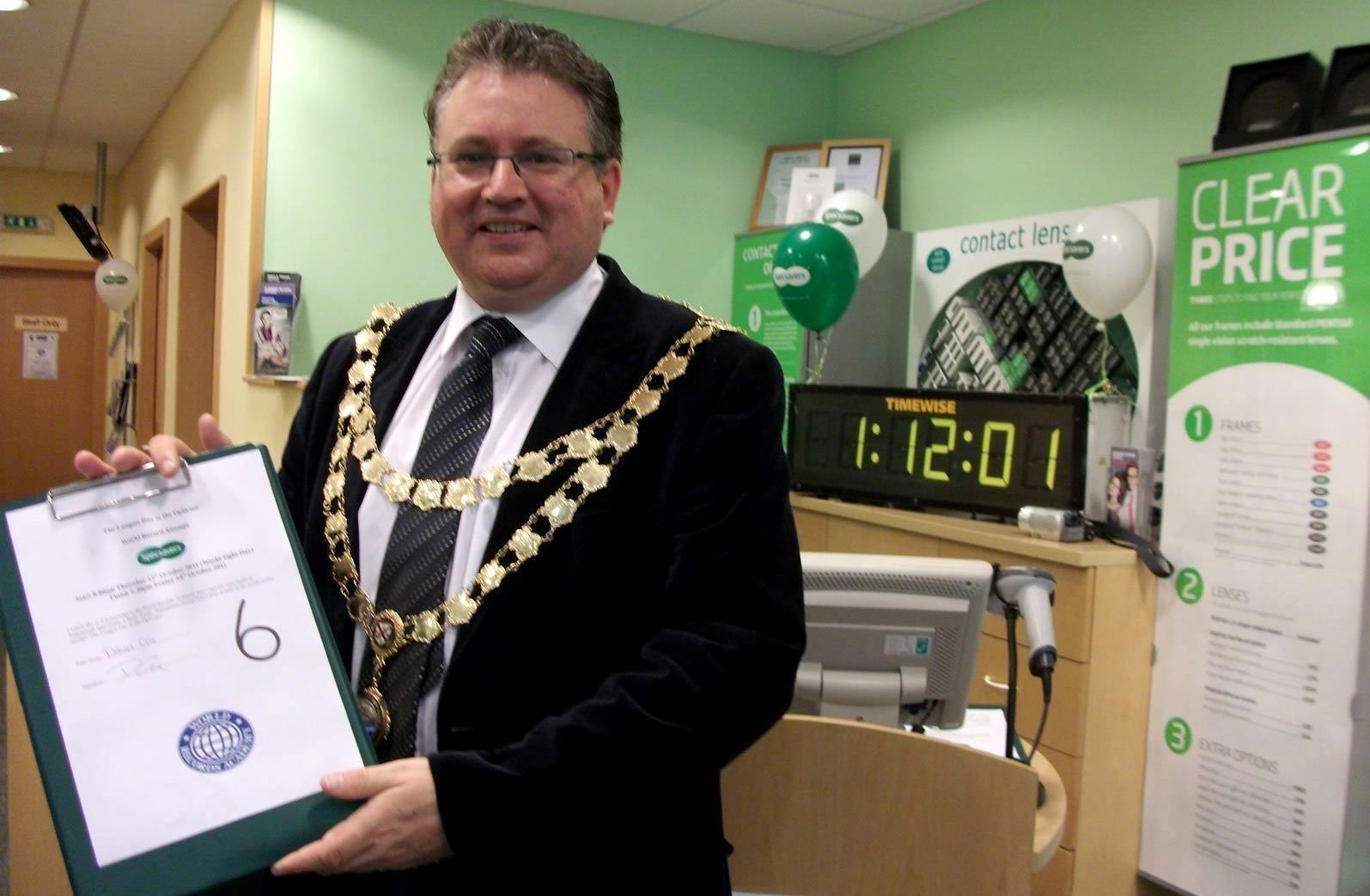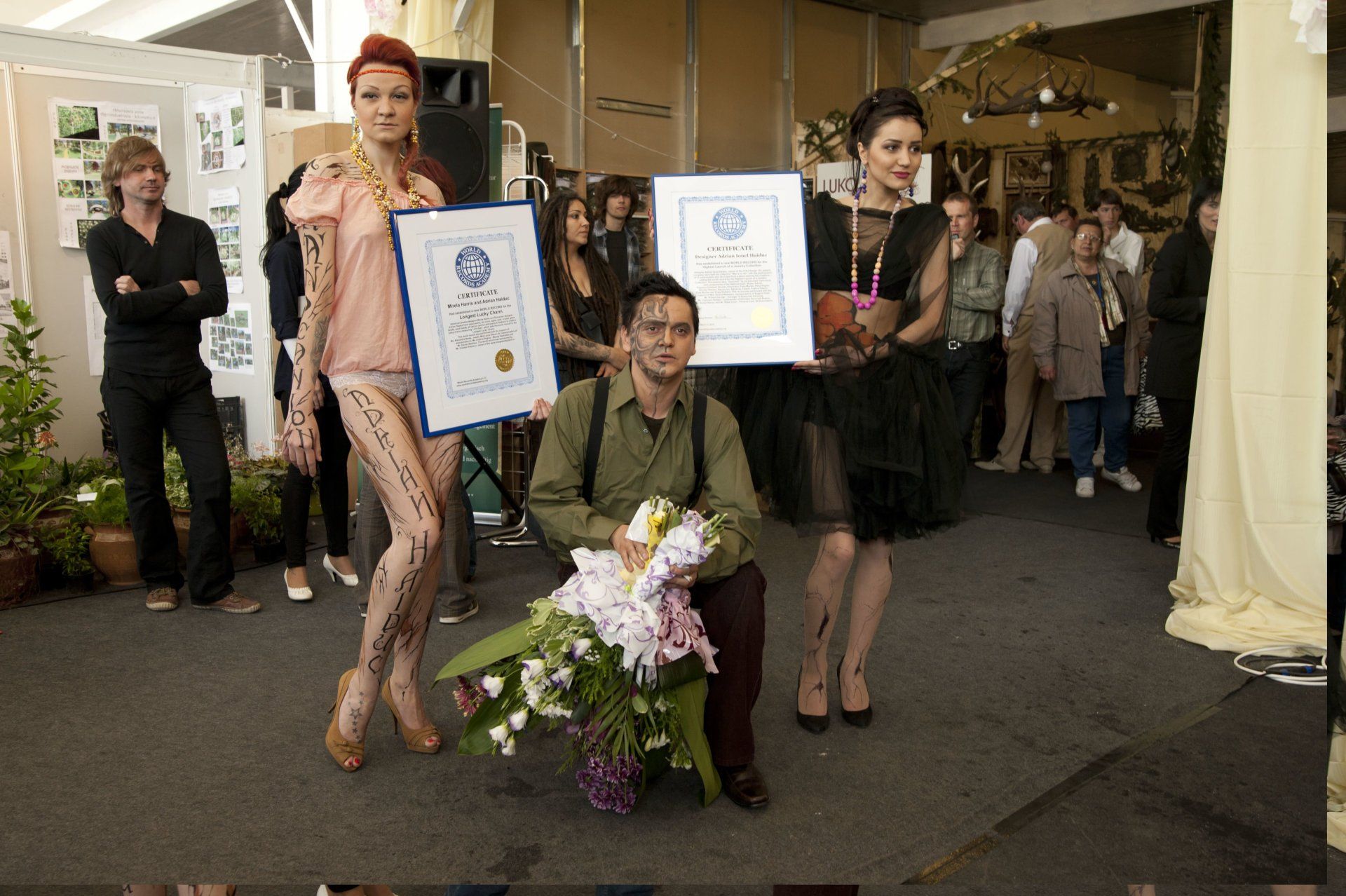World’s first personalized DNA editing treatment, world record in Philadelphia, Pennsylvania
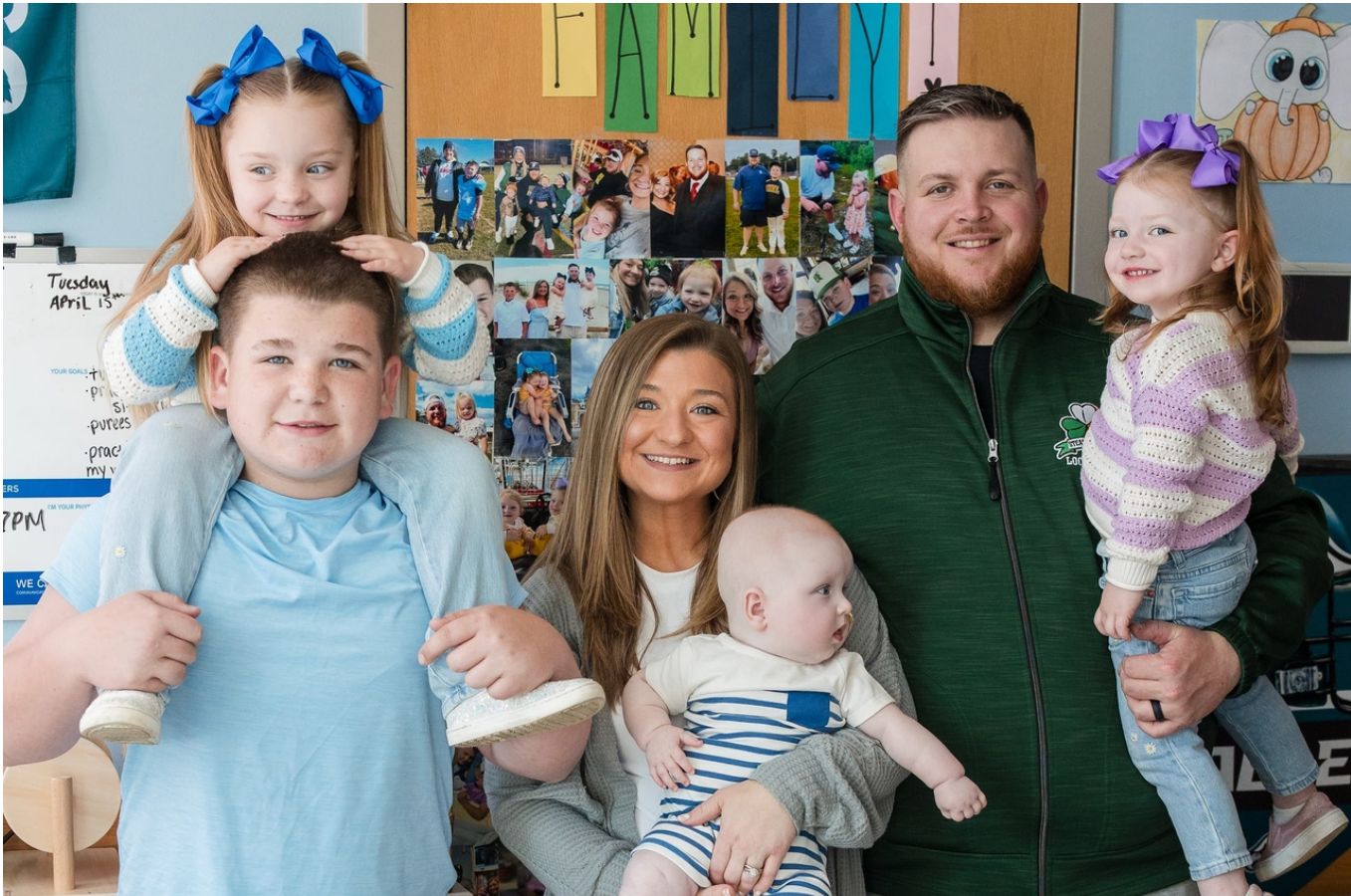
Philadelphia, Pennsylvania, United States--A customized CRISPR-based therapy, developed by a collaborative team at the
Children's Hospital of Philadelphia and
Penn Medicine, was infused into the liver of a baby named KJ, who was born with a severe metabolic genetic disorder called carbamoyl phosphate synthetase 1 (CPS1) deficiency; this event sets the world record for the
World’s first personalized DNA editing treatment, according to the WORLD RECORD ACADEMY.
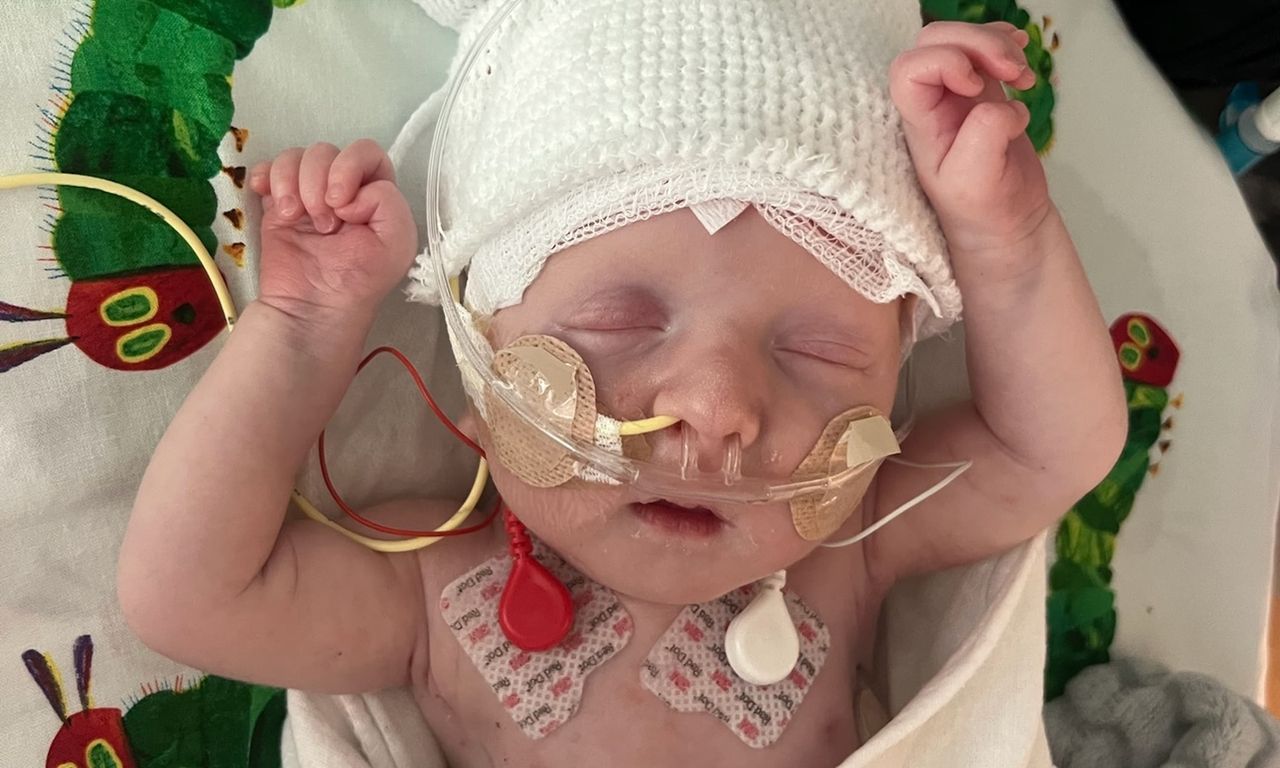
"The world's first personalized DNA editing treatment was administered in February 2025 to a baby named KJ, who was born with a severe metabolic genetic disorder called carbamoyl phosphate synthetase 1 (CPS1) deficiency.
"A customized CRISPR-based therapy, developed by a collaborative team at the Children's Hospital of Philadelphia and Penn Medicine, was infused into his liver to correct the faulty gene. The treatment was successful, allowing him to metabolize his diet more effectively and thrive." (AI Overview)
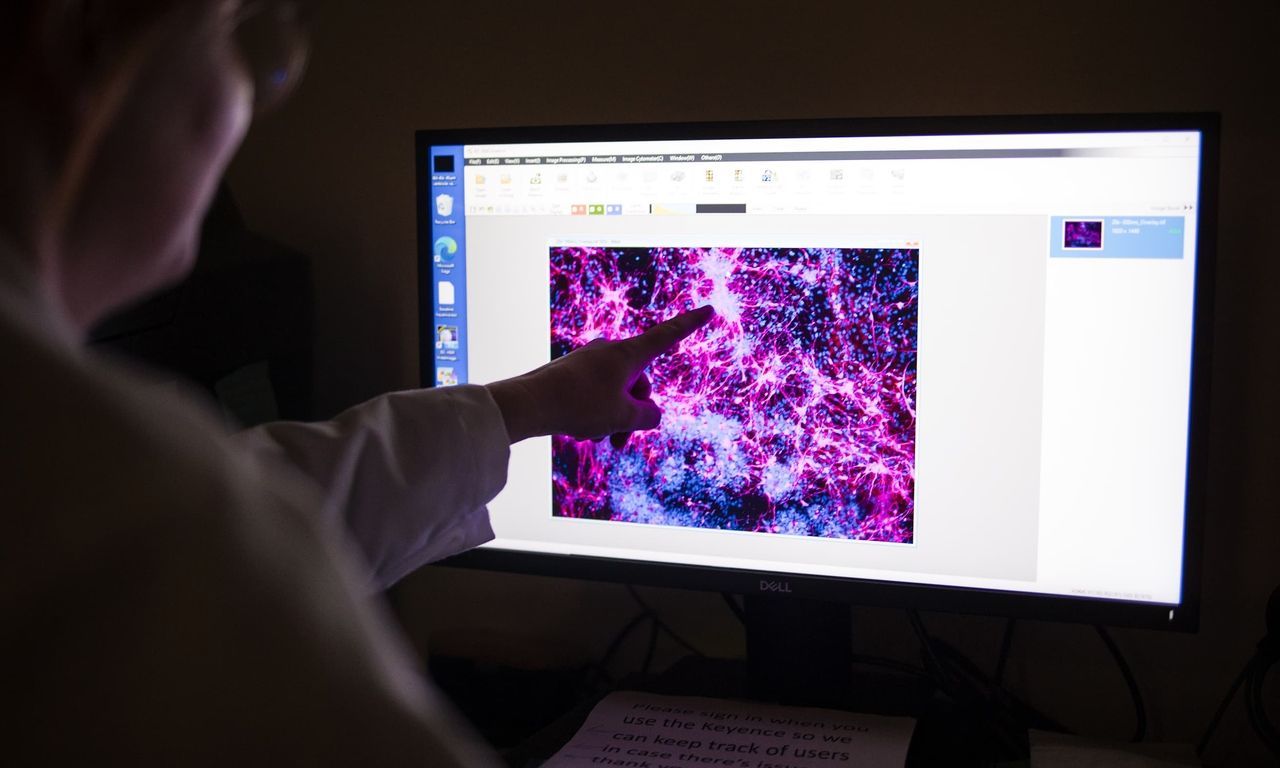
- Patient: The treatment was given to a baby boy named KJ, born with a rare and severe genetic metabolic disorder called CPS1 deficiency.
- Treatment: A personalized CRISPR gene editing therapy was developed specifically for KJ's genetic mutation and administered via an infusion into his liver.
- Timeline: The customized therapy was developed in approximately six months, a process that was supported by a massive collaboration between research institutions, universities, and private companies.
- Outcome: Following the treatment, KJ has shown significant improvement in his ability to process proteins, leading to better growth, more development, and a more active and playful demeanor.
- Significance: This historic medical breakthrough paves the way for future personalized gene-editing treatments for other rare genetic diseases that were previously unrepeatable. (AI Overview)
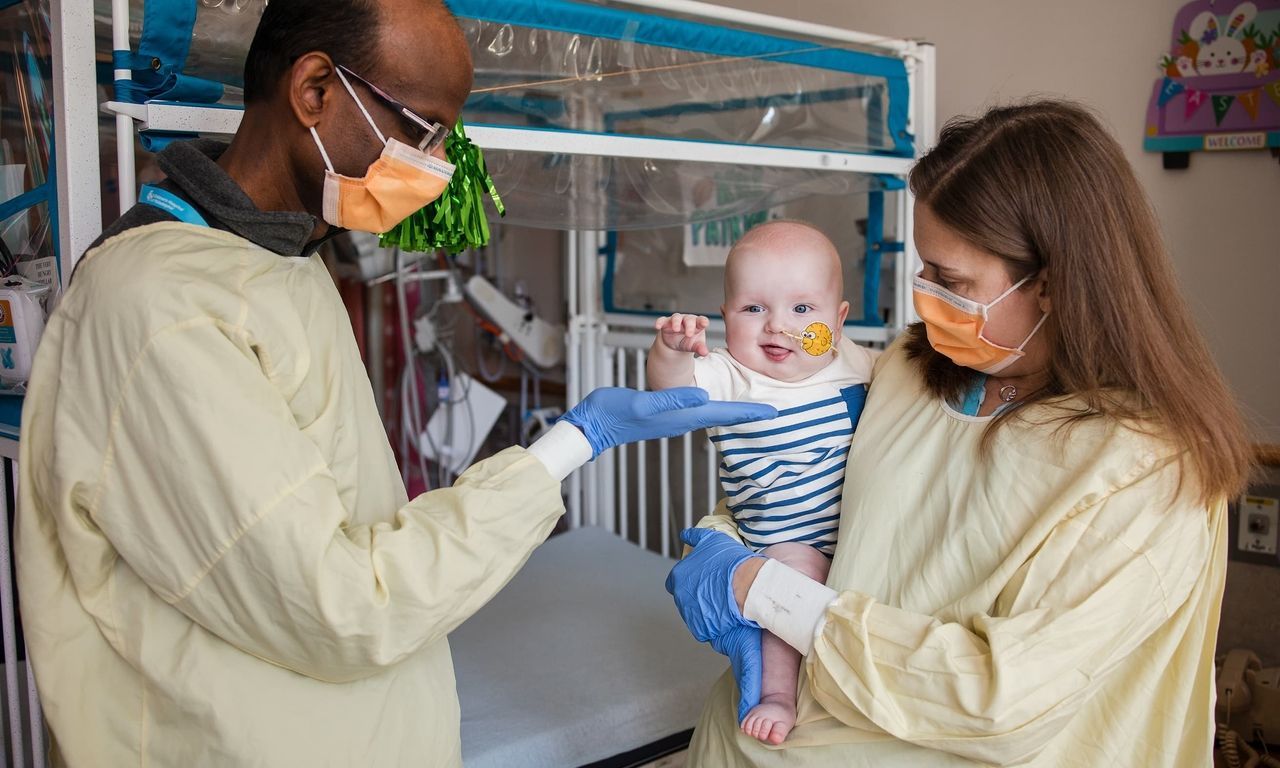
"The
Children's Hospital of Philadelphia (CHOP) is a children's hospital in Philadelphia, Pennsylvania. Its primary campus is located in the University City neighborhood of West Philadelphia, next to the University of Pennsylvania. The hospital has 692 beds and more than 1.6 million outpatient and inpatient visits annually. It is one of the world's largest and oldest children's hospitals and was the first hospital in the United States dedicated to the healthcare of children.
"CHOP has been ranked among the best ten children's hospitals in the United States by U.S. News & World Report since 2009.[4] As of 2024, it was ranked number one in the nation by U.S. News & World Report for two out of eleven specialties.[5] The hospital treats infants, children, teens, and young adults aged 0–21.
"The hospital also treats adults who would benefit from advanced pediatric care. Most of its physicians serve in the pediatrics and other specialty departments of the Perelman School of Medicine. . (Wikipedia)
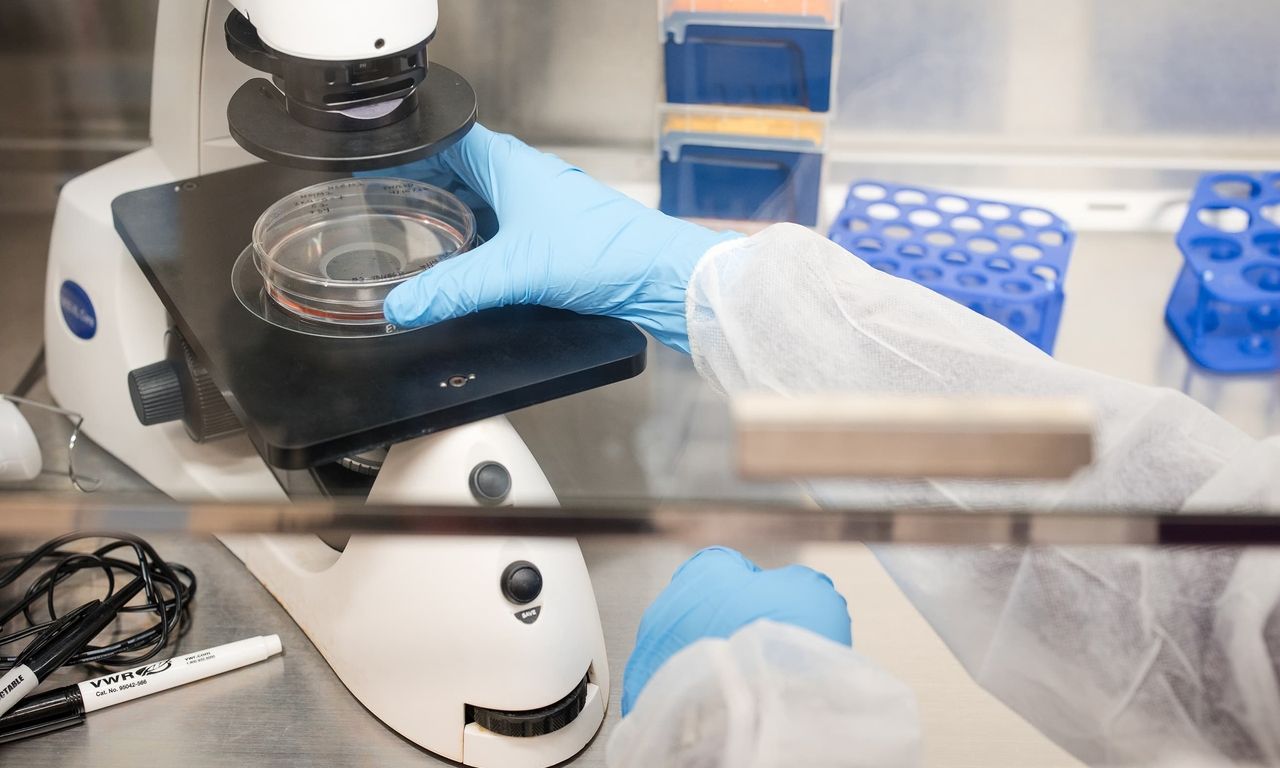
"In a historic medical breakthrough, a child diagnosed with a rare genetic disorder has been successfully treated with a customized CRISPR gene editing therapy by a team at Children’s Hospital of Philadelphia (CHOP) and Penn Medicine.
·
"The infant, KJ, was born with a rare metabolic disease known as severe carbamoyl phosphate synthetase 1 (CPS1) deficiency. After spending the first several months of his life in the hospital, on a very restrictive diet, KJ received the first dose of his bespoke therapy in February 2025 between six and seven months of age. The treatment was administered safely, and he is now growing well and thriving.
·
"This landmark finding could provide a pathway for gene editing technology to be successfully adapted to treat individuals with rare diseases for whom no medical treatments are available."
"Years and years of progress in gene editing and collaboration between researchers and clinicians made this moment possible, and while KJ is just one patient, we hope he is the first of many to benefit from a methodology that can be scaled to fit an individual patient’s needs,” said Rebecca Ahrens-Nicklas, MD, PhD, director of the Gene Therapy for Inherited Metabolic Disorders Frontier Program (GTIMD) at Children’s Hospital of Philadelphia and an assistant professor of Pediatrics in the Perelman School of Medicine at the University of Pennsylvania," the Children’s Hospital of Philadelphia (CHOP) says.
"Ahrens-Nicklas and Kiran Musunuru, MD, PhD, the Barry J. Gertz Professor for Translational Research in Penn’s Perelman School of Medicine, who are co-corresponding authors on the published report, began collaborating to study the feasibility of creating customized gene editing therapies for individual patients in 2023, building upon many years of research into rare metabolic disorders, as well as the feasibility of gene editing to treat patients. Both are members of the NIH funded Somatic Cell Genome Editing Consortium, which supports collaborative genome editing research."
"Ahrens-Nicklas and Musunuru decided to focus on urea cycle disorders. During the normal breakdown of proteins in the body, ammonia is naturally produced," the Children’s Hospital of Philadelphia (CHOP) says.
"Typically, our bodies know to convert the ammonia to urea and then excrete that urea through urination. However, a child with a urea cycle disorder lacks an enzyme in the liver needed to convert ammonia to urea. Ammonia then builds up to a toxic level, which can cause organ damage, particularly in the brain and the liver.
"After years of preclinical research with similar disease-causing variants, Ahrens-Nicklas and Musunuru targeted KJ’s specific variant of CPS1, identified soon after his birth. Within six months, their team designed and manufactured a base editing therapy delivered via lipid nanoparticles to the liver in order to correct KJ’s faulty enzyme. In late February 2025, KJ received his first infusion of this experimental therapy, and since then, he has received follow-up doses in March and April 2025."
"While KJ will need to be monitored carefully for the rest of his life, our initial findings are quite promising,” Ahrens-Nicklas said.
“We want each and every patient to have the potential to experience the same results we saw in this first patient, and we hope that other academic investigators will replicate this method for many rare diseases and give many patients a fair shot at living a healthy life,” Musunuru said.
“The promise of gene therapy that we’ve heard about for decades is coming to fruition, and it’s going to utterly transform the way we approach medicine.”
"US scientists have used a breakthrough therapy to edit an infant’s DNA and correct a life-threatening mutation. Preliminary results suggest the approach may have been successful, potentially paving the way for addressing a range of genetic diseases. This briefing investigates this cutting-edge technology and considers the key challenges of regulatory approval and high costs.
"In August 2024, a boy called KJ was born in Philadelphia, United States, with a rare genetic disease that gave him only a 50% chance of surviving infancy," the UK Parliament says.
"This is the world’s first ever personalised gene-editing therapy; that is, a treatment designed to fix a DNA mutation in a specific individual. Scientists hope that such personalised gene therapies will soon be used to fix the underlying causes of rare genetic disorders for which there are currently very few treatments."
"A research team supported by the National Institutes of Health (NIH) has developed and safely delivered a personalized gene editing therapy to treat an infant with a life-threatening, incurable genetic disease," the National Institutes of Health says.
"The infant, who was diagnosed with the rare condition carbamoyl phosphate synthetase 1 (CPS1) deficiency shortly after birth, has responded positively to the treatment. The process, from diagnosis to treatment, took only six months and marks the first time the technology has been successfully deployed to treat a human patient.
"The technology used in this study was developed using a platform that could be tweaked to treat a wide range of genetic disorders and opens the possibility of creating personalized treatments in other parts of the body."
"The patient, a now-10-month-old boy named KJ, is the first person in the world to successfully receive a personalised gene-editing therapy," the
Australian Broadcasting Corporation says.
The landmark case, led by scientists and doctors at the University of Pennsylvania and the Children's Hospital of Philadelphia, was published in the New England Journal of Medicine.
"Not long after he was born, KJ was diagnosed with a rare, life-threatening genetic disorder called CPS1 deficiency, which affects just one in 1.3 million babies."
Photos: World’s first personalized DNA editing treatment, world record in Philadelphia, Pennsylvania. Photos: CHOP.
(1) KJ's parents, Kyle and Nicole, and his three siblings are looking forward to welcoming him home after a first-of-its-kind personalized gene editing therapy at CHOP.
(2) KJ was only days old when he was diagnosed with a rare metabolic disorder and transferred to Children's Hospital of Philadelphia where doctors were actively researching new cell and gene therapies.
(3) Researchers and clinicians at CHOP and Penn began collaborating to study the feasibility of creating customized gene editing therapies for individual patients in 2023.
(4) Kiran Musunru, MD, PhD, MPH, ML, MRA, (left) and Rebecca Ahrens-Nicklas, MD, PhD, (right) led the group of researchers from CHOP and Penn who developed a personalized treatment for baby KJ.
(5) After months of research and successful results in the lab, the CHOP-Penn team developed a specialized therapy for KJ’s specific genetic disorder.
